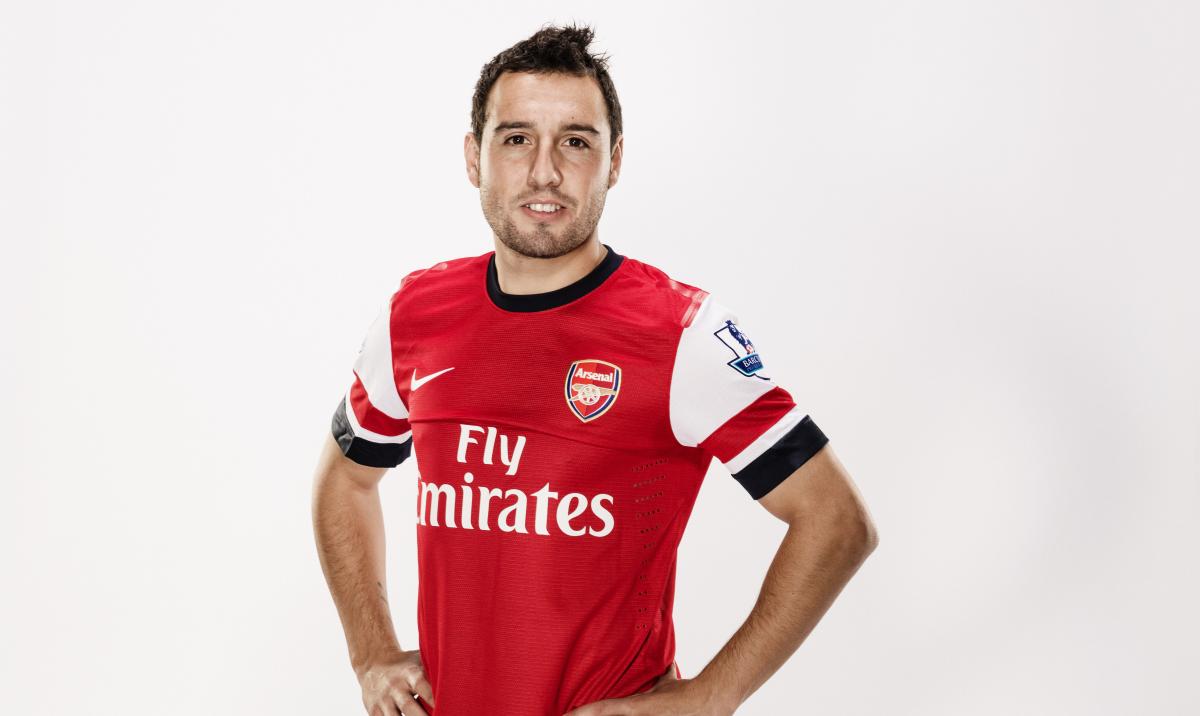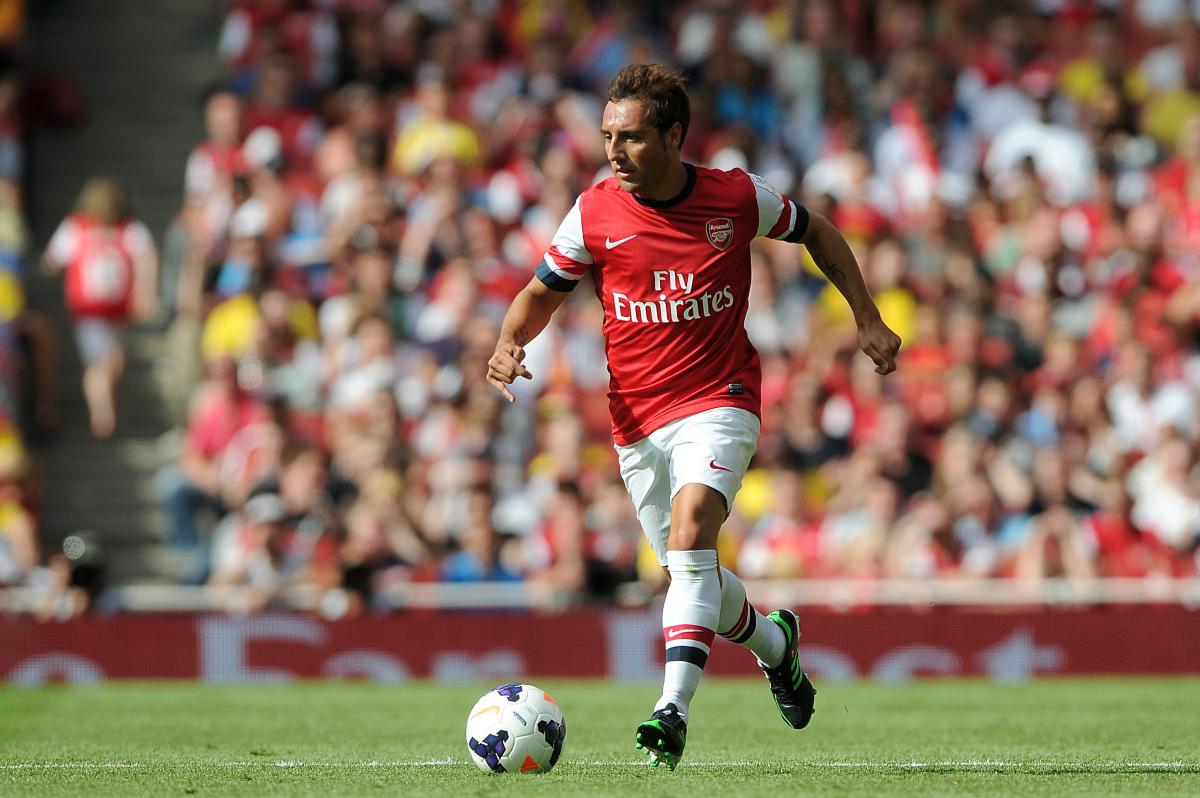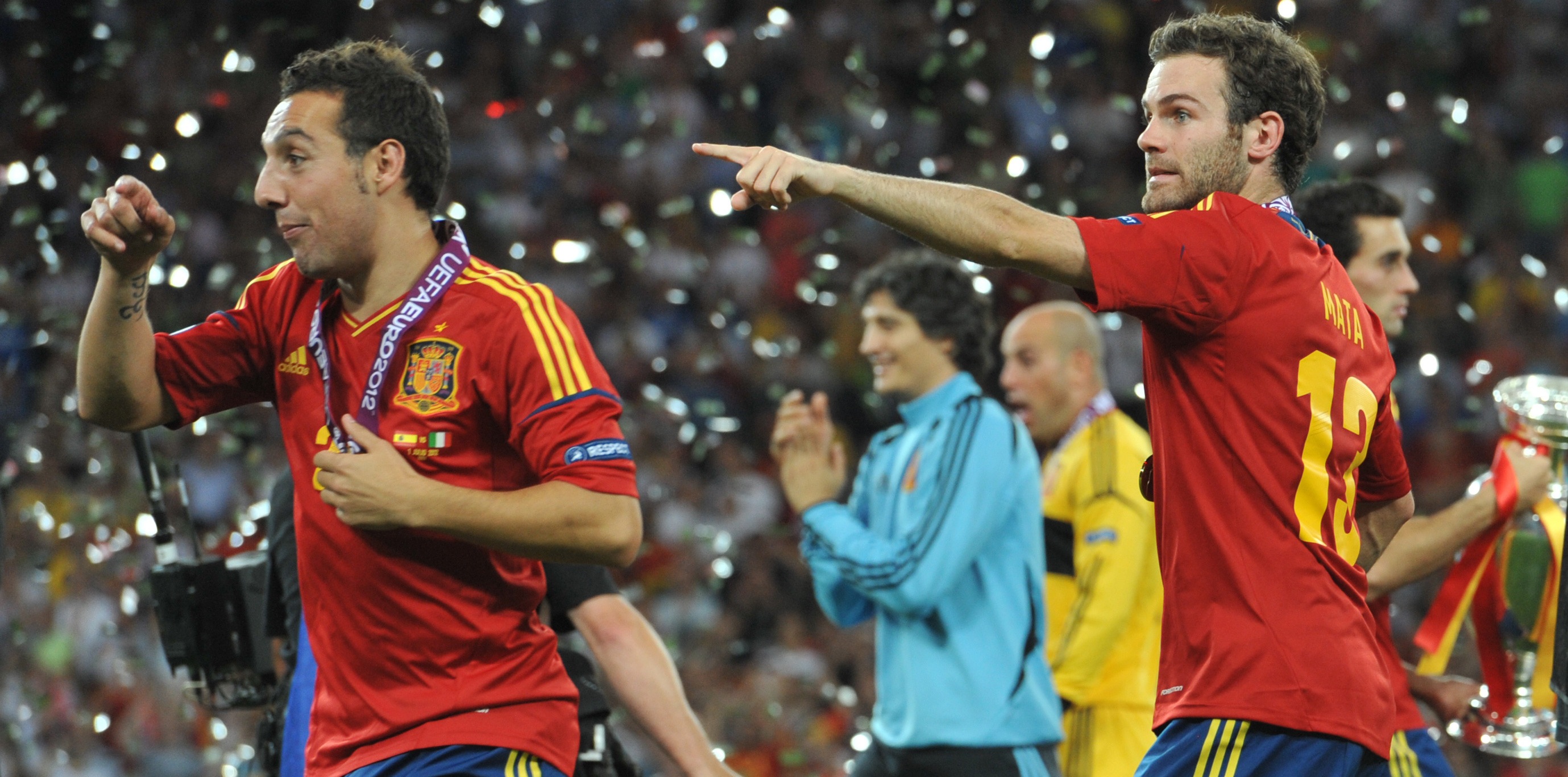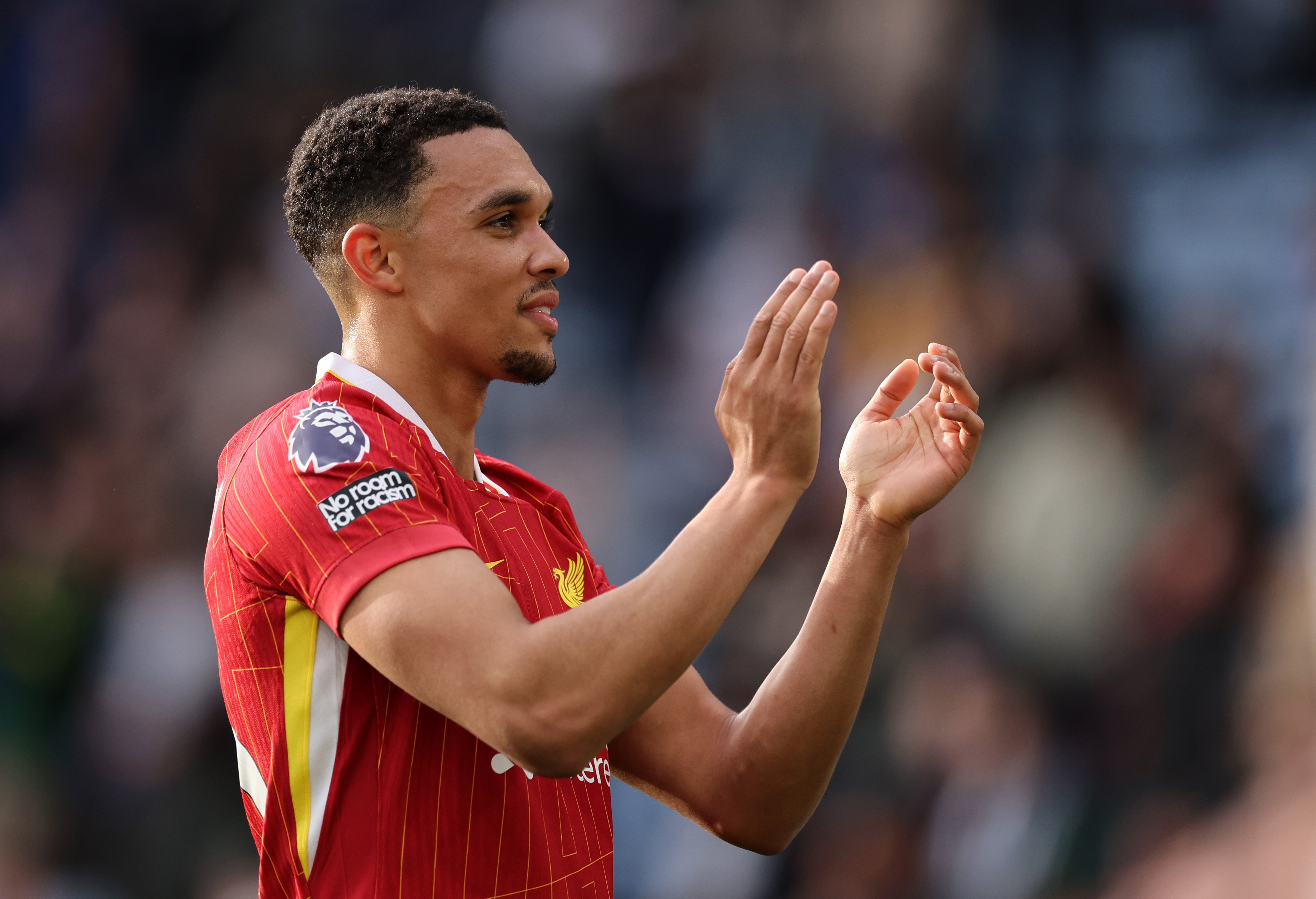Santi Cazorla: Q&A
"The objective is to obtain a piece of silverware so that the Arsenal fans can enjoy the sensation of winning again..."

You’ve made a fantastic start to your Arsenal career. What has been the secret to your seamless transition to life in the Premier League?
A lot of people take time to adjust to playing in a new country, but for me, to play football is the most beautiful and natural thing. Also, my teammates and the manager have treated me very well and they’ve made me feel comfortable on the pitch. I’m really enjoying myself.
What was it about Arsenal that made you choose them? After all, they haven’t won a trophy for seven years…?
That’s what we want to change. Arsenal are a great club with an illustrious history, but because of certain circumstances, they’ve gone a few years without winning anything. The objective now is to obtain a piece of silverware so that the fans can enjoy the sensation of winning again.
Who do you sit next to in the Arsenal dressing room? How does the dressing environment compare in England from your time in Spain?
It varies from country to country but at Arsenal there is a greater respect for the club because of its history. However, the general atmosphere never changes because every member of the team works together and that spirit is important to achieve success. I sit by Lukas Podolski. He is a big personality in the dressing room, always joking around, so we have a good laugh.
What have been the main cultural differences you’ve noticed?
I have adjusted well because I love English football, especially the way English people see the game. It’s not as tactical but it’s much faster and the atmosphere is incredible. I have noticed that the stadiums are always full, the supporters are much more respectful to the opposition, which makes it a delight to play here. It is true that the average player is much more aggressive over here, but it is a change that I expected. In Spain, they value technique from a very early age and you can see that in the national team. In this country there is greater focus on the physical aspects, so they can be stronger in order to play so many games. Then again, it’s something that can change and I think the Premier League will become better as result.
What do you make of English food?
The food isn’t bad; it’s just different to what you’re used to. It is probably what I miss most about Spain but, in the end, we’re footballers and the truth is we eat a lot of pasta. That’s everywhere and doesn’t change too much!
Have you noticed a difference in mentality between supporters in England and Spain??
It’s true that they sing more here. In Spain, it’s different because you get the loudest sound when there’s some kind of controversy!

Are you enjoying life in London?
I don’t know London too well because I haven’t been here very long but everyone has said what a great city it is. I plan to start visiting things now I finally have my house sorted and I’m a little more settled. The other day, I went to an Italian restaurant in Hampstead and on the table beside me was Anthony Hopkins. I was shocked but they say it’s pretty normal to see people like that. He didn’t mention anything about football. In fact, the truth is we didn’t speak at all! [Laughs]
Get FourFourTwo Newsletter
The best features, fun and footballing quizzes, straight to your inbox every week.
You’ve really shot into the limelight in recent years. Why do you think this is?
I think you’ve got to improve and grow as a player every year, which I have been able to do in a few aspects of my game. I have also benefited from being involved in the national squad, which I value greatly as it’s improved my reputation outside of Spain. I still think I can get a lot better at Arsenal. ?
Pundits and fans alike have been heralding your ability to play with both feet. Was this something you worked on from a very young age?
It’s true that I worked on it a lot from an early age but I am also very lucky because it was a natural learning process. It’s a very rare trait in modern football, but if you look at Lionel Messi and Cristiano Ronaldo, they can use both feet equally and that’s what separates them from the rest.
You’re part of an incredible generation of Spanish players, which makes the competition for places very intense. How frustrating can it be sitting on the bench when you’re a first-team regular for your club?
You have to be conscious that it’s very difficult to get into the team thanks to the likes of Andres Iniesta, David Silva, Xavi, Cesc Fabregas and Pedro. You have to understand that you won’t get as many minutes as you want but you also know that you’re very fortunate to be part of such a successful team. It was an incredible feeling to win the World Cup, especially with so many people fully behind you. I hope to enjoy similar success with Arsenal.

You recently said you try to copy the things Iniesta does. What it is about him that sets him apart?
He is simply incredible. He’s such a unique footballer, who makes everything seem easy and so imitating him is very difficult. There’s a relaxed way to how he plays. It seems like he’s on his own when he’s doing it and he has that capacity to do things on the pitch that are almost impossible. He’s a fine example to everyone in the world of sport, especially children, not just as a player but as a person as well.
With Juan Mata and Fernando Torres at Chelsea, David Silva at Man City and Pepe Reina at Liverpool there’s a strong Spanish presence amongst the Premier League elite. Do you tease each other when you meet up for international duty?
We do talk when we’re with the national squad, and I have learned a lot because they are all more experienced with English football. Pepe [Reina] has spent eight years with Liverpool and he has a very good understanding of the Premier League. We also have a laugh and although it’s a bit early to be joking about winning the league, we joke with [David] Silva because his team are the defending champions and arguably the favourites. The beauty of the Premier League is how competitive it is: there are a lot of the teams fighting to win and that’s great for the supporters.
What do you make of Malaga’s current situation?
I still think about the club because the project was important to me. There was a lot of money and they made some significant signings but unfortunately there have been complications. It’s good to see that they are doing well because there is a big difference between Barcelona, Real Madrid and the rest of the league. They’re the two biggest clubs in the world and can therefore attract the best players so it’s practically impossible for the rest of the teams to compete with them. It’s something that’s very different to England thanks to the way they redistribute the [television] money in Spain.
Finally, which player has impressed you the most this season?
I would have to go for someone in my own team: Thomas Vermaelen. I think he’s an incredible player and after playing with him every day, I think he’s one of the best defenders in the world.
Interview: Miguel Delaney, Portraits: Shamil Tanna, November 2012. This is online-exclusive material but for the January 2013 issue FourFourTwo went behind the scenes at Arsenal, speaking to the men that matter as they reveal their master plan for success at home and abroad, including Arsene Wenger, Ivan Gazidis, Thomas Vermaelen, Santi Cazorla, Kieran Gibbs, Ken Friar, OBE and Liam Brady.
